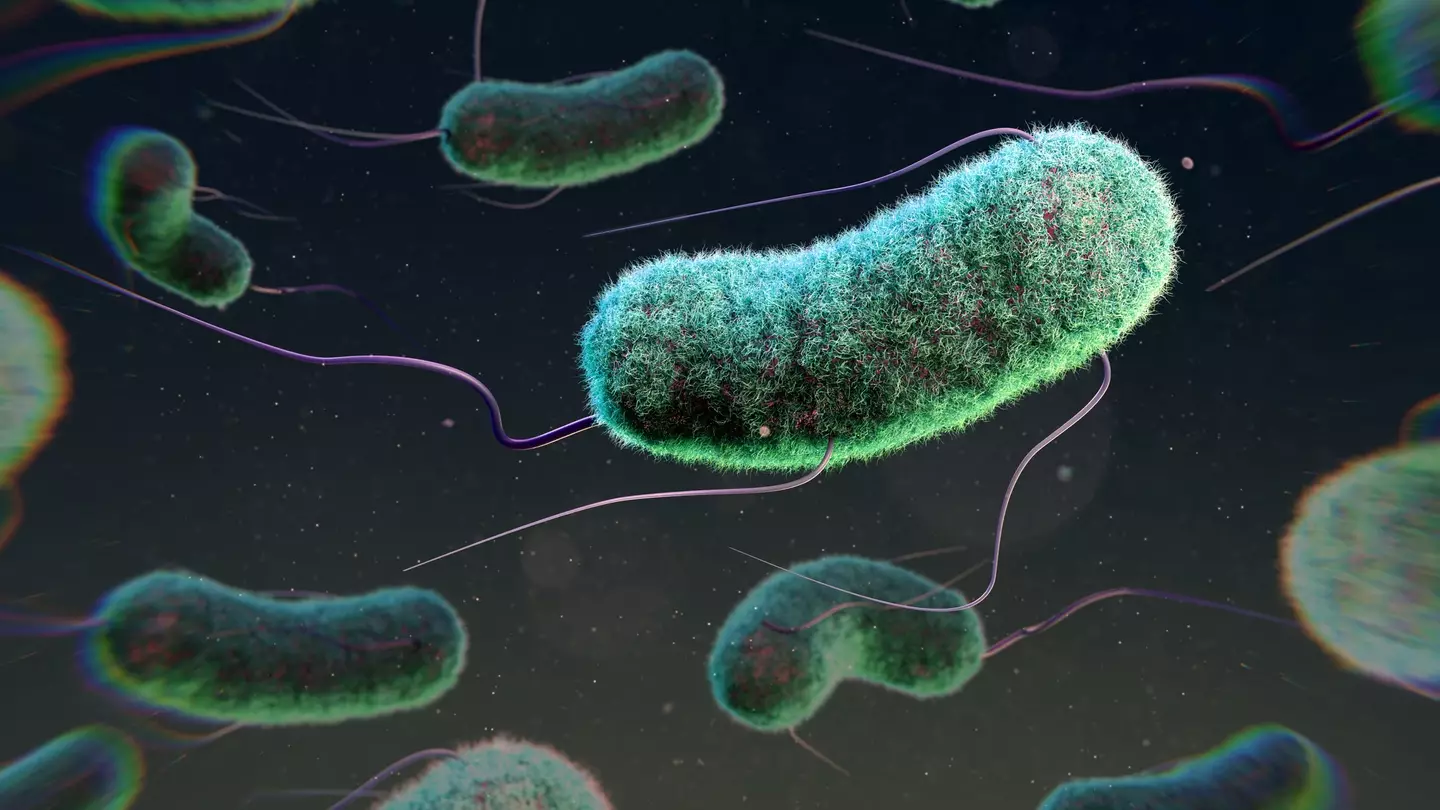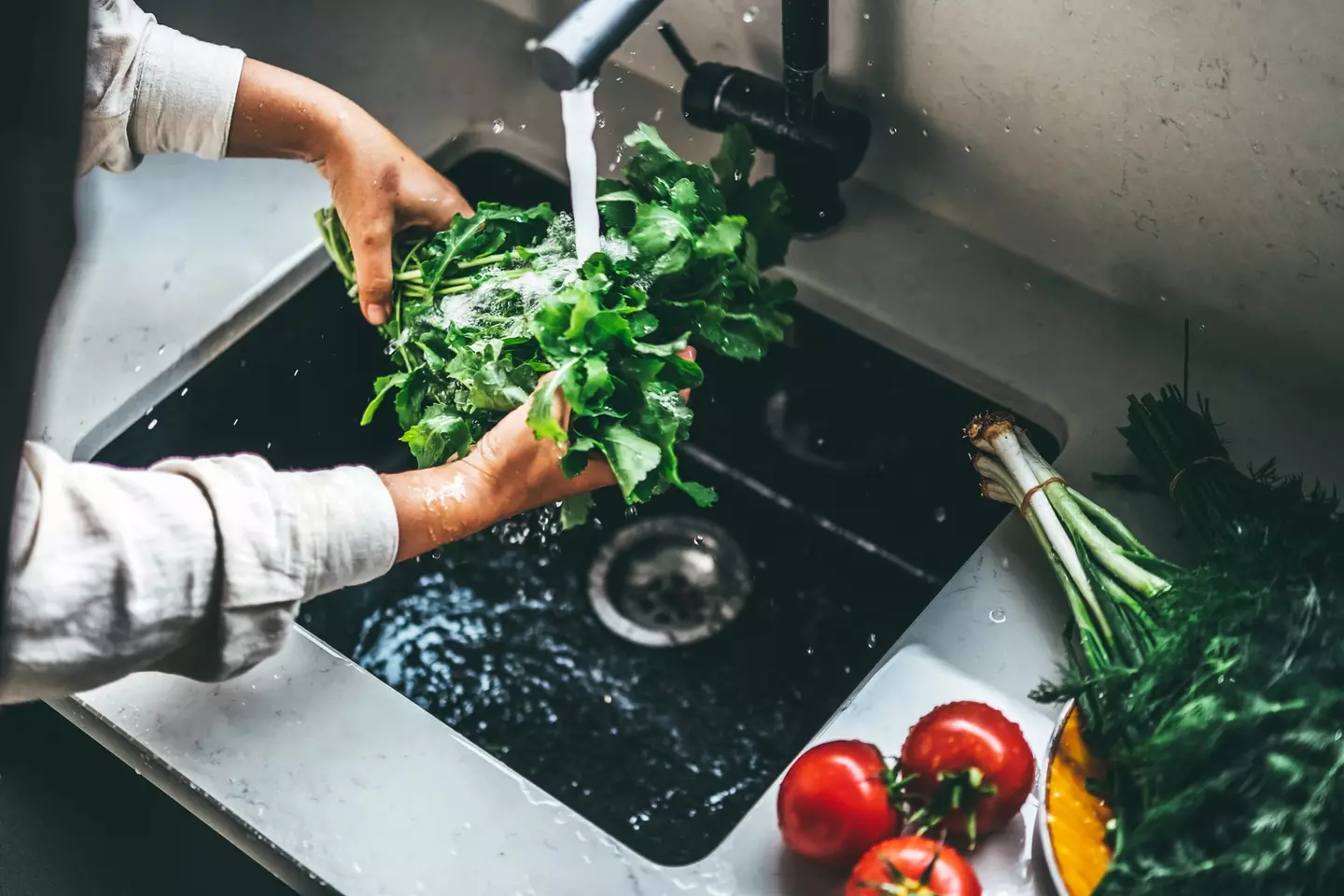
E. coli is one of the most common bacteria responsible for causing food poisoning alongside Salmonella and Listeria.
The bacteria produces a toxin called Shiga, and being infected with it can have a wide range of effects. Mild infections cause typical food poisoning symptoms like diarrhoea, vomiting, and dehydration, but it can also lead to serious and potentially life-threatening kidney damage.
It seems it’s on the rise at the moment as well, with a 26% year-on-year increase in reported infections across England in 2024, per the UK Health Security Agency (UKHSA).

Advert
Infections are most common in children, with the agency recommending that parents urge their kids to wash their hands with soapy water before eating and after playing outside or with animals.
Contaminated salad leaves are a common source of the infections - although we don’t need to give kids any more reason to avoid salads if we can help it...
The BBC reported that E. coli infections have been on the rise in England since 2022, with 2,018 infections in 2023 rising to 2,544 in 2024.
Of those in 2024, 357 were in children ages between one and four, with these accounting for more than any other age group.
Not only are kids’ more likely to get sick in general as their immune systems develop, but they’re less likely to practice good hygiene than older cohorts.
"It's important for people to take steps to prevent infection," said Dr Gauri Godbole, from UKHSA.
"If you have any STEC [Shiga toxin-producing E.coli] symptoms, like mild to bloody diarrhoea, stomach cramps, vomiting and dehydration, wash your hands with soap and warm water and use bleach-based products to clean surfaces."
She added to BBC News: "Don't prepare food for others if you have symptoms or for 48 hours after symptoms stop.”
The Food Standards Agency is currently working to identify the root cause of the rise in infections over the past few years.
According to the BBC, there were five outbreaks of STEC involving 467 cases across the UK.
The largest outbreak was linked to contaminated salad leaves, resulting in 293 people being infected, 126 people requiring hospital care and two deaths. 11 people developed a serious kidney complication called haemolytic uraemic syndrome.
Other outbreaks were also linked to contaminated beef and fresh fruit.

To help protect yourself, it’s recommended that you adhere to the following advice:
- Check food hygiene ratings for eateries you’re planning to visit.
- Cook food to temperatures states on product labels.
- Keep food chilled in the fridge below 5 degrees C.
- Thoroughly clean surfaces with antibacterial spray before and after preparing food.
- Avoid cross-contaminating ingredients by using different boards and utensils.
- Avoid eating food after its use-by date.
- Wash your hands thoroughly before preparing food, and ideally wash your hands when switching between different ingredients or cooking stages.
- Thoroughly rinse fruit and vegetables with cold water.
